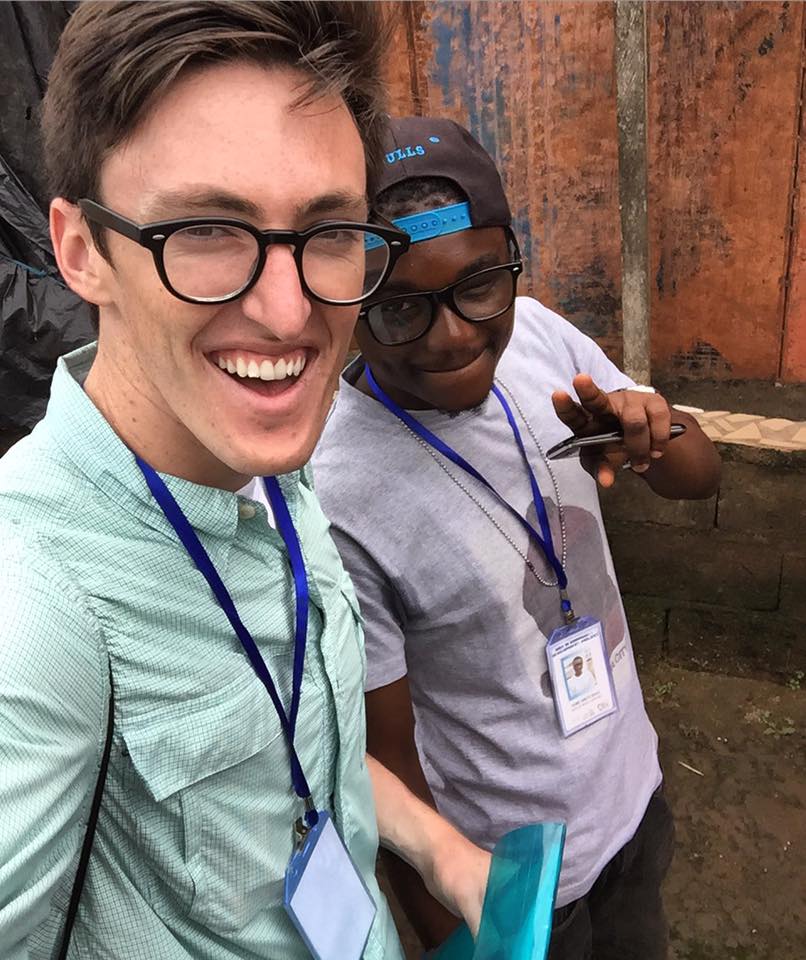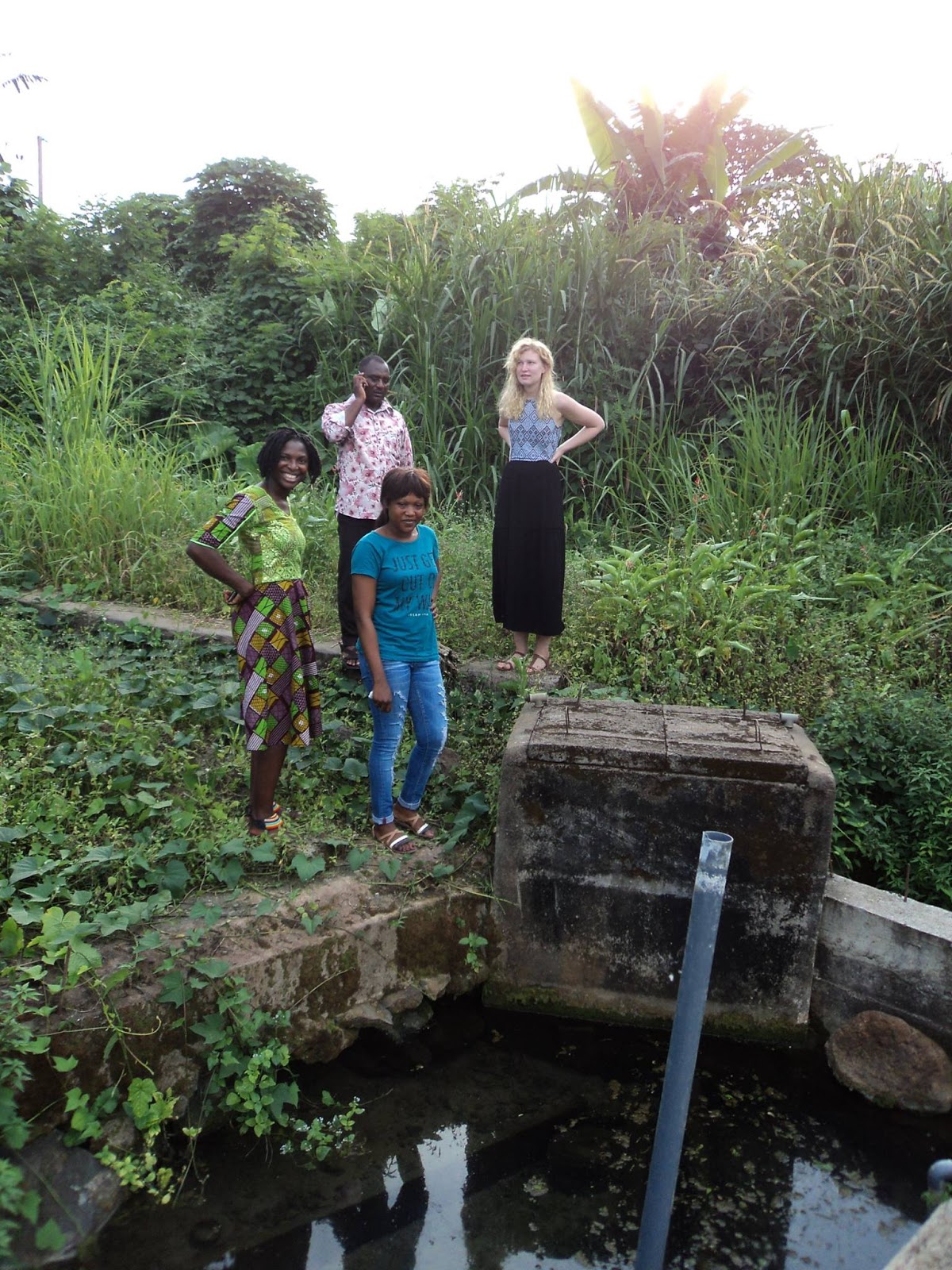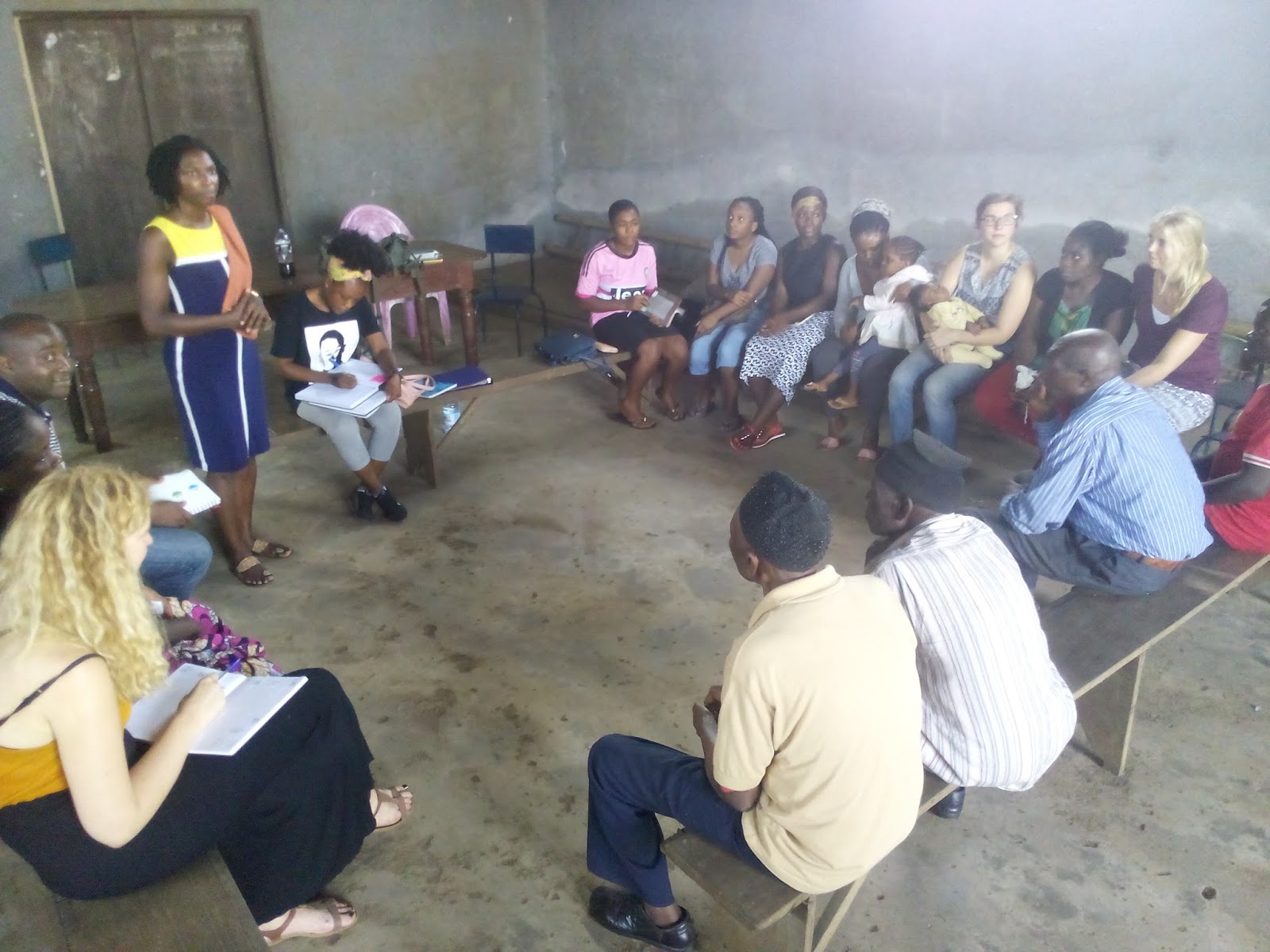Global Medicare Foundation, Cameroon – sustainable health care solutions
By Milena Rampoldi and Denise Nanni, ProMosaik. In the following my interview with Global Medicare working in Cameroon to develop health care and access to health care. We talked to Christiane to understand which are the main health-related issues in the country and to see how the organization faces this challenge.

What are the main health-related issues in Cameroon?
The major health issues in Cameroon are innumerable. The major health
challenges we have noticed as an organisation are: Malaria, Typhoid,
STDs and HIV/AIDS, high blood pressure, cancer, high infant mortality
among other.
What are the reasons that lead to a lack of access to health care?
The reasons for the lack of access to health care are many. But the
major ones are: the absence of health care facilities, equipment and
qualified personnel in most remote areas in Cameroon. Insufficient
funding available for health care facilities and health personnel (by
the way the national order of all health care practitioners in Cameroon
are soon going on strike) and the inability of the general population to
afford the expensive cost of access to health care.

What programs do you carry on?
We carry on the Water Sanitation and Hygiene Project and the Public
Health project.
The WASH project is aimed at identifying the reasons behind the poor
management of water resources by the local populations and the health
consequences related to this and what can be done to remedy the
situation. (1) The public health project is aiming at identifying particular health
challenges that a local community might be facing and work together with
the community, the local authorities and the health experts in that
community to address the problem and propose sustainable solutions. (2)
How civil society has been responsive so far to your initiatives?
We have working partnerships with local organisations like ICENECDEV Operation Total Impact many others that have been supporting us with their human and material resources to help reach to most of our project beneficiaries.

Do you cooperate with local authorities and institutions? If yes,
how?
Indeed we have good working relationships with local authorities among
which the village chiefs who are our first partners. They give us access
to the village, the people, the various project work locations and
available village community halls to organise our events. The local
health authorities too are one of our major partners, we have been
sending our reports to them, we have an authorization letter from them
to carry out our activities and sometimes they come around to look at
what we are doing and provide some technical expertise.
We have been asked by the chief of Oyumojock village, a small village
located in the Kurup forest far in the South West Region of Cameroon to
launch our WASH and Public Health projects there because during a
working visit in Buea, the chief met with one of us and developed
interest in what we are doing, he saw in that an opportunity to also
reach out to his population that is suffering from many problems related
to health and lack of access to potable water among others.


